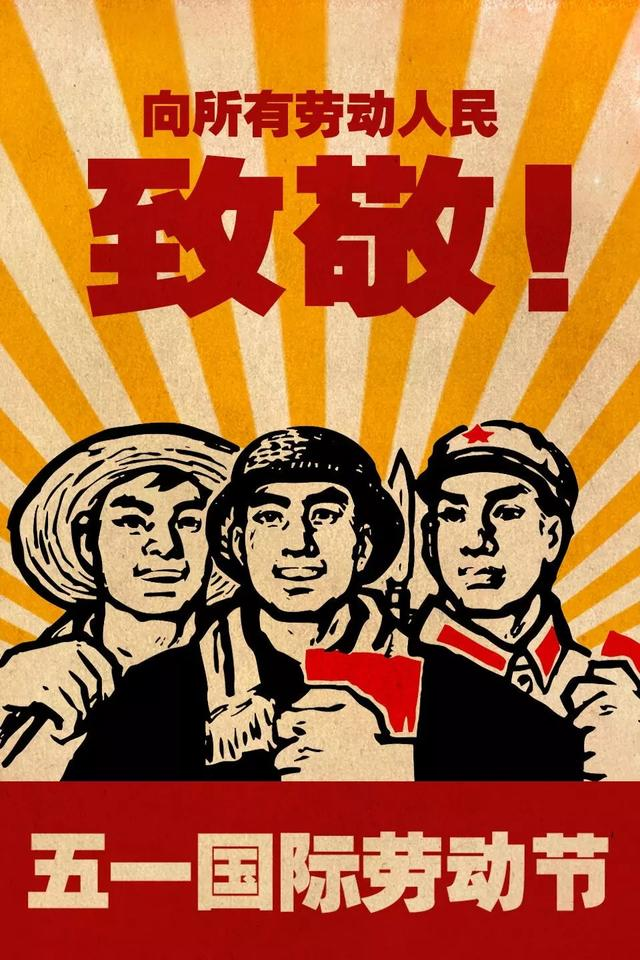queridos clientes,
Le informamos que nuestros “Vacaciones del Primero de Mayo” (también conocido como trabajadores internacionales’ LÍNEA ESTE DE Shenzhen) comenzará a partir del 1 de mayo, 2024 (Casarse.)
al 5 de mayo, 2024 (Sol.). Nuestra oficina reanudará sus operaciones el 6 de mayo., 2024 (Lun.).
Nuestra fábrica permanecerá cerrada del 1 al 3 de mayo..
Atentamente.
Tecnología Co. de la comunicación de la línea este de Shenzhen, Limitado.
El fabricante profesional de teléfonos fijos.

Trabajadores internacionales’ LÍNEA ESTE DE Shenzhen, also known as Labour Day in some countries and often referred to as May Day is a celebration of labourers and the working classes that is promoted by the international labour movement and occurs every year on 1 Puede, o el primer lunes de mayo.

Learn the origin of Labor Day in the United States.In 1889 an international federation of socialist groups and trade unions designated May 1 as a day in support of workers, in commemoration of the Haymarket Riot in Chicago (1886). Five years later, U.S. Pres. Grover Cleveland, uneasy with the socialist origins of Workers’ Day, signed legislation to make Labor Day—already held in some states on the first Monday of September—the official U.S. holiday in honour of workers. Canada followed suit not long afterward.
How did Labor Day become a national holiday?
The first Labor Day in the United States was celebrated on Tuesday, Septiembre 5, 1882, in New York City.(more)See all videos for this article
May Day Workers marching in Moscow’s Red Square, Puede 1, 2015.In Europe May 1 was historically associated with rural pagan festivals (see May Day), but the original meaning of the day was gradually replaced by the modern association with the labour movement. In the Soviet Union, leaders embraced the new holiday, believing it would encourage workers in Europe and the United States to unite against capitalism. The day became a significant holiday in the Soviet Union and in the Eastern-bloc countries, with high-profile parades, including one in Moscow’s Red Square presided over by top government and Communist Party functionaries, celebrating the worker and showcasing Soviet military might. In Germany Labour Day became an official holiday in 1933 after the rise of the Nazi Party. Ironically, Germany abolished free unions the day after establishing the holiday, virtually destroying the German labour movement.







